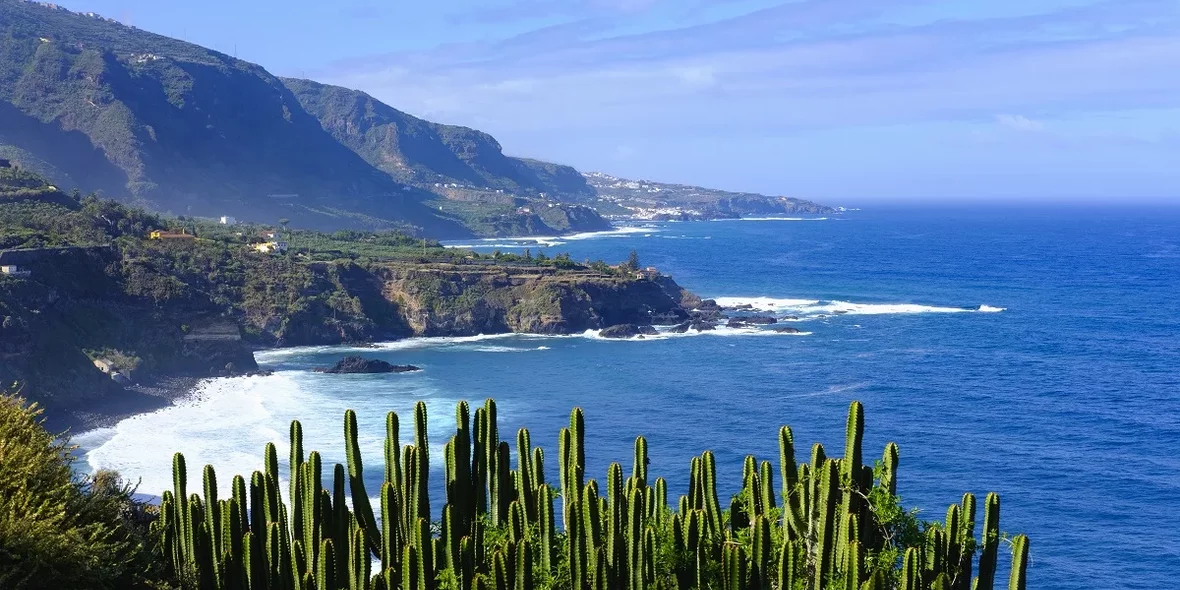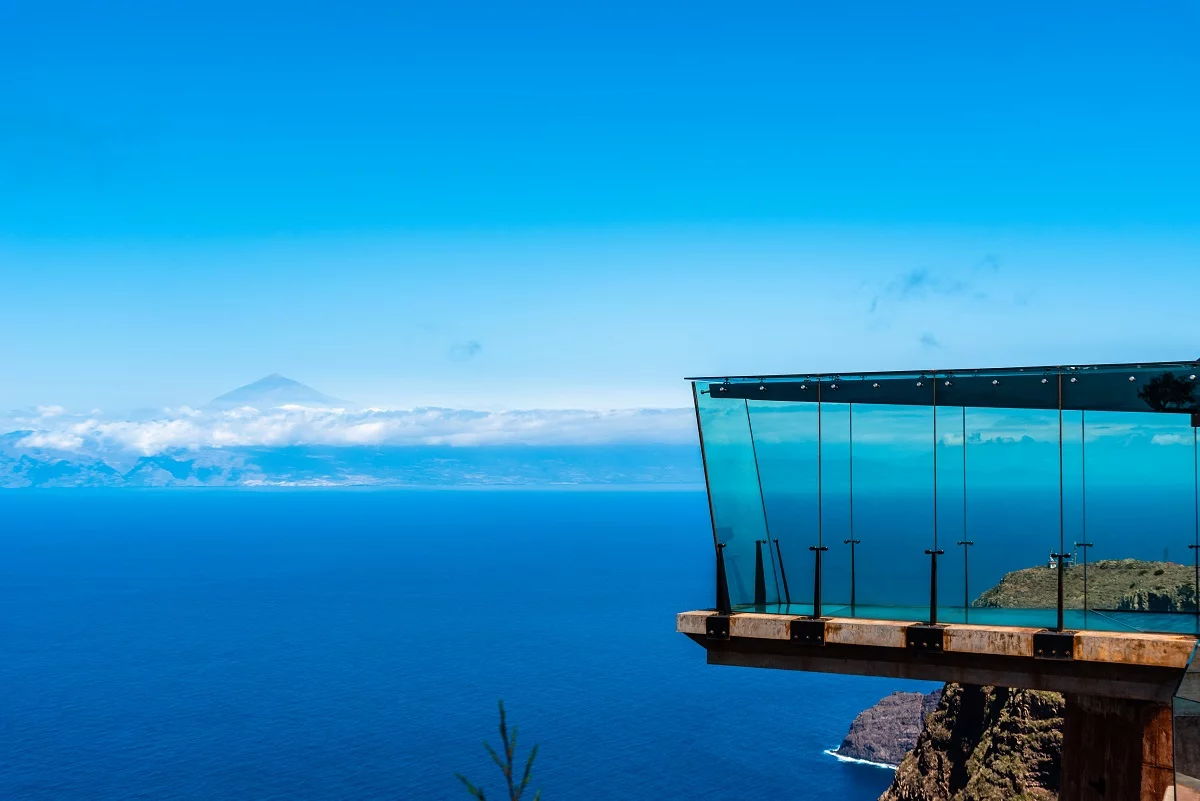
Cheap and not Cold? Top 3 Countries in the South of Europe for a Budget Winter Stay
Is spending winter in Southern Europe a good idea? If you’re looking for not just pleasant weather but also European comfort with an overwhelming number of beautiful places per square kilometer, the answer is a resounding yes. In our review, we’ll explore three countries in this region — chances are, you’ll be able to spend your winter there magically and affordably.
We’ve selected three top destinations in Southern Europe — Spain, Italy, and Cyprus — and explored why these countries are great for winter living and how much it costs to stay for three months. We’ll provide average figures for each country based on data from Numbeo, the largest database on the cost of living.
It’s worth noting that starting October 12, 2025, the EU will gradually implement the Entry/Exit System (EES), with full rollout by April 2026. Third-country nationals will need to undergo biometric registration upon entering the Schengen Zone, which may cause border delays in the initial months.
In any EU country, you can stay for up to 90 days without additional registration. Non-EU foreigners will need a Schengen visa for this. To travel affordably, you can use low-cost airlines.
European budget airlines offer competitive prices:
- Volotea: flights from €19—29.
- Ryanair: from €5—15 during sales.
- Vueling: from €30.
- Iberia Express: from €30.
Regular sales make flights affordable, especially with early booking.
Winter in Spain

Climate and Conditions
Winter in Spain marks the low season, meaning fewer tourists and the chance to stroll local streets peacefully.
The country enjoys a mild and comfortable climate. The average winter temperature is +13°C (around +18°C in the south and +10°C in the north and central regions).
The warmest winter spots in Spain are the Canary Islands, where temperatures often reach +25°C and rarely drop below +18°C. It’s also quite warm in Málaga (+18°C) and Valencia (15—20°C). For skiing enthusiasts, the Pyrenees, Sierra Nevada, and Meseta mountain systems are ideal.
However, there’s a significant caveat: winters in Spain can feel cold indoors, as most apartments lack central heating. So, plan to spend more time outdoors.
Cost of Living (Per Month)
Rent: one-bedroom apartment in the city center — €887; outside the center — €708. Barcelona: €20.7/sq.m (most expensive); Madrid: €18.9/sq.m; Málaga and Bilbao: €13.8/sq.m; smaller cities: €400—600.
Utilities: €131 for basic services, plus €29 for internet. Winter heating costs may add €50—100.
Food: milk €1.04/liter (€3.95/gallon), eggs €2.66/12 units, bread €1.22/pound.
Transport: monthly pass €30, gasoline €1.54/liter.
Monthly budget: €1,450—1,500 for one person.
What Else to Consider When Planning a Winter Stay in Spain
Additional tips:
- Pack for all weather conditions. Spain’s weather varies by region and season, so bring clothing for rain, snow, and cooler temperatures.
- Learn basic Spanish phrases to communicate with locals and navigate more easily.
- Book accommodation in advance, especially during Christmas or other peak periods.
- Take advantage of off-season deals. Many companies in Spain offer discounts and promotions during winter.
Find budget housing options in Spain in our catalog.
Winter in Italy

Climate and Conditions
Winter in Italy is relatively mild compared to other European countries, especially in the south (Rome and Naples are particularly warm). It can be humid and damp in the south, but daytime temperatures rarely drop below 10°C (typically 10—15°C). Weather in Italy is quite changeable: one moment it’s raining, the next the sun is out — so layer your clothing for easy adjustments. Like Spain, central heating is an issue: older homes often lack it, and even where it exists, residents use it sparingly.
From a tourism perspective, winter in Italy is a great time. You can enjoy attractions at lower prices with fewer crowds. February is especially vibrant with carnival festivities.
Northern Italy is much colder, so it’s best for winter sports enthusiasts: the Italian Alps are renowned for their slopes, attracting skiers, snowboarders, and climbers.
Cost of Living (Per Month)
Rent: Italy offers a great price-to-quality ratio. One-bedroom in the city center: €746; outside the center: €567.
Utilities: €194 for basic services (electricity €70—120, gas €80—130 in winter, water €20—50), plus €27 for internet. Italy has some of the highest utility rates in the EU.
Food: milk €1.12/liter (€4.24/gallon), eggs €3.50/12 units, bread €1.46/pound.
Transport: monthly pass €37, gasoline €1.68/liter.
Monthly budget: €1,430—1,480 for one person.
What Else to Consider When Planning a Winter Stay in Italy
Additional tips:
- Choose your destination. Popular winter spots include the Dolomites, Italian Alps, and cities like Rome, Florence, and Venice.
- Bring warm clothing: a coat, hat, gloves, and scarf.
- Check the weather forecast in advance and plan activities accordingly.
- Be aware of shorter business hours and closures of some establishments during winter.
- Purchase travel insurance to protect against unexpected issues.
With a bit of planning, you can have a magical winter stay in Italy.
Find budget housing options in Italy in our catalog.
Winter in Cyprus

Climate and Conditions
The biggest advantage of Cyprus in winter is its comfortable climate, with 300 sunny days a year (about six hours of sunshine daily in winter). The average air temperature is 18°C.
Rain occurs in winter, but the upside is that it brings blooming landscapes. Spring-like conditions start in January: orchids bloom, hills and plains turn green, and almond trees are in full blossom.
The downside, as in Spain and Italy, is the lack of central heating, meaning you can fully enjoy the warmth only outdoors.
A unique feature: in September 2025, Cyprus recorded zero inflation — the only Eurozone country to do so.
Cost of Living (Per Month)
Rent: moderate price increases. One-bedroom in the city center: €870; outside the center: €736. Three-bedroom in the center: €1,697.
Utilities: €189, plus €30 for internet.
Food: milk €1.65/liter (€6.26/gallon), eggs €3.81/12 units. Some categories are significantly pricier: milk is 58.3% more expensive, bread 31.6%.
Transport: monthly pass €50 (66.7% more than Spain’s), gasoline €1.40/liter.
Monthly budget: €1,600—1,650 for one person.
What Else to Consider When Planning a Winter Stay in Cyprus
Additional tips:
- Choose the ideal destination. Some areas of Cyprus are warmer and sunnier in winter. For the warmest weather, opt for Limassol or Paphos.
- Pack for multiple seasons. Cyprus weather can be unpredictable, even in winter, so bring a jacket, sweater, and sunscreen.
- Check attraction opening hours, as some may be closed or operate on reduced schedules in winter.
Find budget housing options in Cyprus in our catalog.
Comparative Table Based on Numbeo Data (October 2025)
|
Metric |
Spain |
Italy |
Cyprus |
|
Rent 1-bedroom (city center) |
€887 |
€746 |
€870 |
|
Rent 1-bedroom (outside center) |
€708 |
€567 |
€736 |
|
Utilities |
€131 |
€194 |
€189 |
|
Food (relative to Spain) |
Baseline |
+7.3% |
+8.2% |
|
Transport (monthly pass) |
€30 |
€37 |
€50 |
|
Monthly budget |
€1,468 |
€1,455 |
€1,622 |
Author
I am responsible for editorial work. I write expert interviews and guides.























